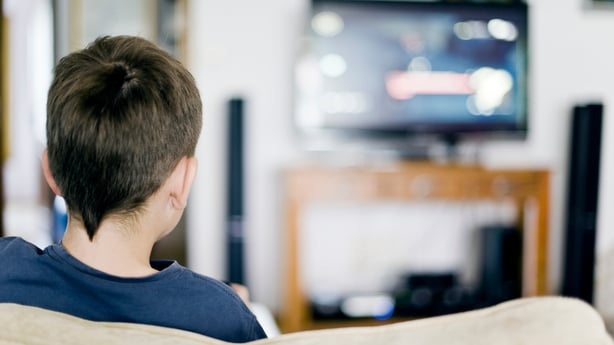Clinical Psychotherapist and Attachment Specialist Joanna Fortune wants to change parenting with 15-minute daily cheat sheets. Listen above or watch the video below.
Parental self-audit
She began by explaining how parents must be aware of how they bring their childhood experience into our parenting behaviour.
Joanna explains that at any one time there are echoes or at least whispers of three generations of parenting from our own family playing out through us. And that's multiplied by two if there are two parents involved.
"In order to really get in touch with what is and isn't working for us as parents, you've got to look inwards to parent outwards."
Joanna describes this as the "parental self-audit." It's not so much about re-creating or avoiding parenting habits from your childhood so much as being conscious of them.
"There are so many schools of parenting, be it cave parenting, tiger parenting, attachment parenting or free-range parenting."
Watch: Joanne Fortune speaks with Ray D'Arcy in studio.
15-minute parenting
In her professional practice, Joanna sees a lot of families experiencing the same problems. Parents work long days and so by the time they get home in the evening they may have as little as fifteen minutes with their kids before bed, and so they compensate by over-stimulating the child at the weekends and trying to do too much.
Her solution is "15 minutes of mindful selected play each day." It's predictable and consistent and so the child responds well. "It's not just blowing bubbles for the sake of blowing bubbles."
"A lot of it is back to basics. Household items and you are the play materials."
Joanna's own playful time with Maisie involves, "dancing the moodies away."
When she comes in in the evening exhausted and overwhelmed and her daughter is hyper for her attention, she plays music for five minutes and dances, which she says dissipates the tension."
She encourages parents not to be fearful of play or "acting silly." If you think your play muscles are stiff because you haven't played since you were a child, let the child be the expert and follow their lead.
Instead of piling everything into the weekends, use the fifteen minutes you have to connect with your child every day effectively.
"Children really appreciate time to do nothing. We've lost the value of boredom, we're all so hyper-stimulated."

Triggers and flashpoints
When it comes to screen time, Joanne insists that technology is here to stay but should be managed.
"We can't get rid of technology nor should we. There are tonnes of pro-social benefits. I do think as best we can we need to delay the point of access."
She suggests having the groundwork lay down before opening the access to technology.
"Instead of saying 'you've ten more minutes on that' - you may as well be saying you've two more weeks on that, because time is abstract to children- use something like a big egg timer, within the child's eye line but out of their reach, so it's happening with them rather than to them."
To hear the full interview with Joanna Fortune you can listen and watch back above.

